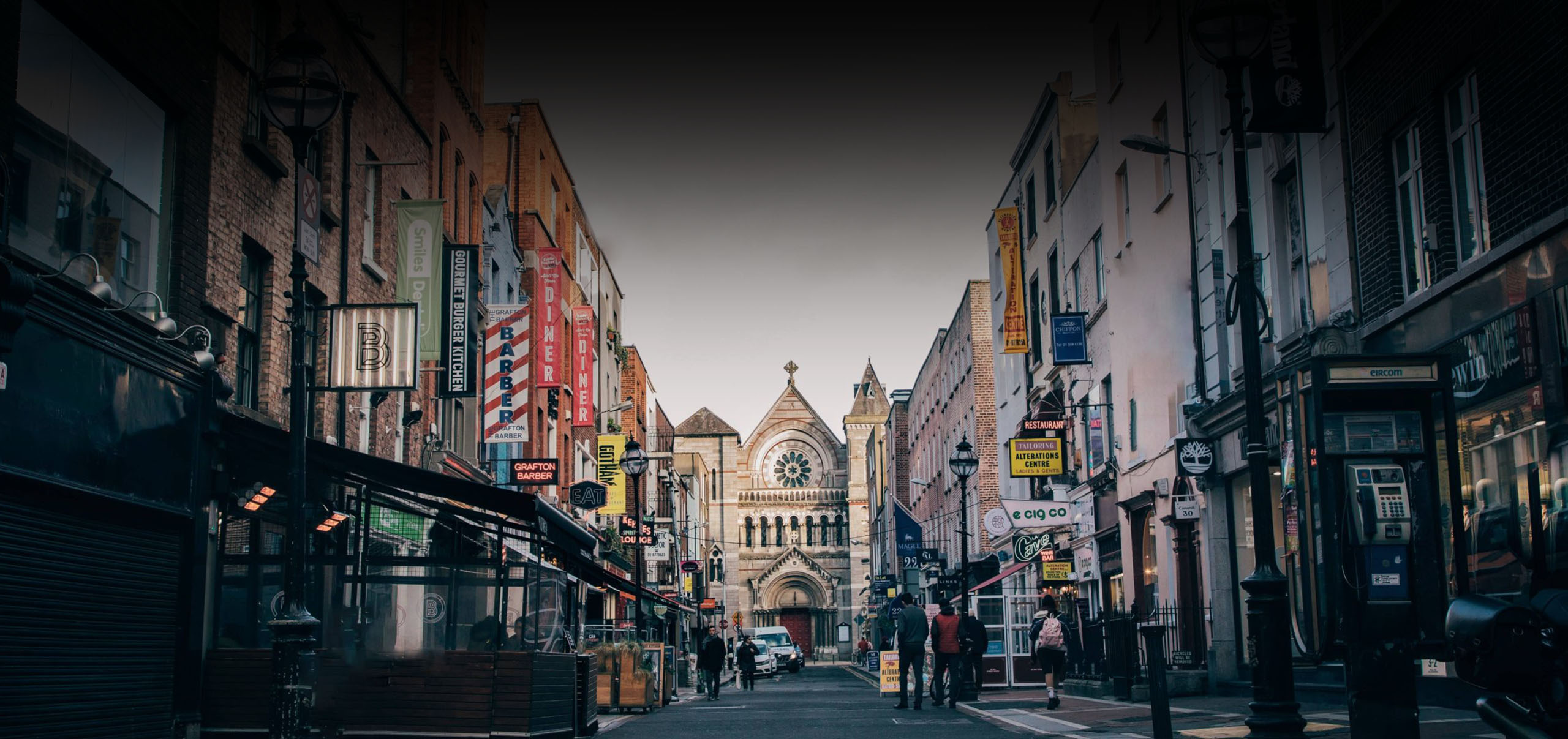New Hospital Building
A new hospital building is just started with 350 bed capacity adjacent to the academic building. It is a 14 storied building with modern amenities and facilities for all sorts of patient and giving more opportunity of learning.
Tallest Academic Building
The existing ISMC academic building is 14 storied structure having 1,29,000sft. area. Each floor comprising 9,214 sft, accommodating academic facilities separately. In general, each department has one floor containing galleries, tutorial rooms, laboratories, museums and teachers room. In addition, there are canteen, common room, information center, guardians waiting room and prayers facilities. The 7th floor is the heart of this building comprising Principal’s office, conference room, teachers lounge, administrative wings and the library.
We have a airconditioned 1750 sqf library in the 7th floor of the academic building. It has got 4391 volumes of Reference books, Text books, Periodicals, Printed and Electronic version of National and International Journals. There are separate reading area for the students as well as teachers. It is also equipped with Internet access. We have an Index Journal ”Bangladesh Journal of Medical Science” which is indexed in several organization like Scopus Elsevier, Thomson Reuters, British Library, Hinari/WHO, Index Copernicus, Cross Ref. etc. Very soon this library will be shifted in a single floor of 8900 sqf area where seperate area for Male & Female students and Teachers will be provided.





